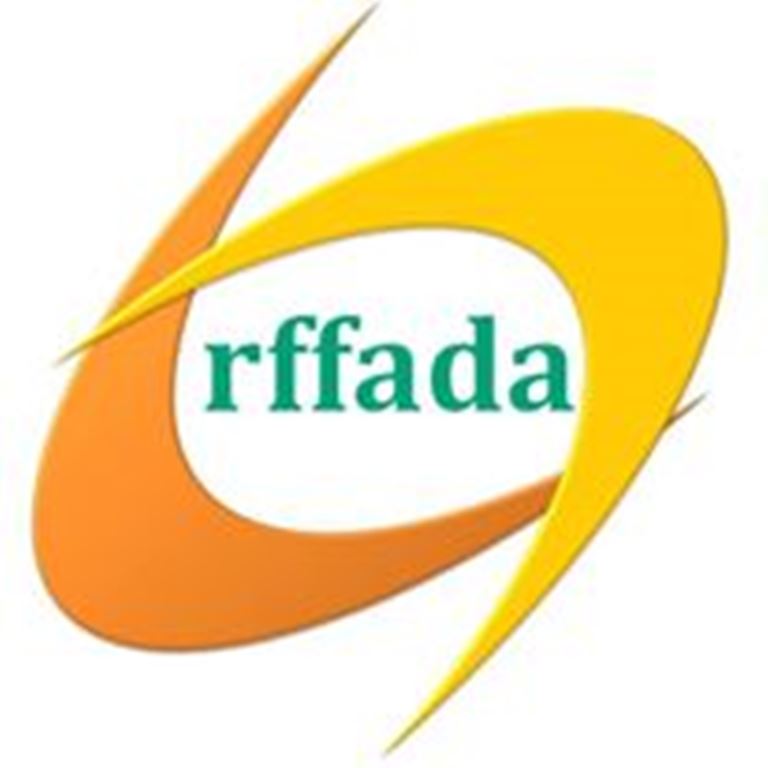Australia’s “Draft Ten Year Roadmap for Mental Health Reform”
On the 16th January 2012 the Department of Health released the draft document which will be used by the federal and state governments to map the reform of Australia’s mental health system for the next 10 years. The Russell Family Fetal Alcohol Disorders Association (rffada) represents over 700 individuals and organisations from around Australia. Many of the people and organisations on our database understand the deep-rooted relationship between Fetal Alcohol Spectrum Disorder (FASD) and mental health. Statistics extrapolated from Canada and the United States (because we have none of our own to date), finds that there could be more than 200,000 affected individuals in Australia. Of those 200,000 people, 98% will have mental health problems (sources for this information available on request). The rffadasuggests that without incorporating information relating to the following dot points, the needs of a significant proportion of the Australian mental health community and their families will not be met.
- The importance of the nine months prior to birth in relation to the overall physical and mental health of the individual
- Ninety eight percent of people prenatally affected by alcohol will have a mental health condition
- Over 451,000 children were identified by the ANCD as living in families where drug and alcohol consumption is problematic
- That the current dual-diagnosis model (drugs and/or alcohol and mental health) become a tri-diagnosis model incorporating FASD as the third diagnosis
- The understanding that FASD is an organic brain injury often overlooked as the primary disability under which a variety of ensuing conditions occur, one of which is mental health
- Information provided by parents and carers must be taken into consideration as part of the assessment process e.g. that the individual has no insight into his or her needs; that the individual requires certain support etc.)
- The expectation that people can make an educated and informed decision because they say they can
- While people with FASD can relate the name of their disability and even the co-occurring conditions, they are unlikely to be able to accurately describe the services, supports and programs which can best support them and progress them to the next level
- While people over 18 are considered to be adults, adults with FASD may be operating at the developmental age of a 12 year old
Unless Fetal Alcohol Spectrum Disorder is named as one of the leading causes of mental health conditions in Australia, those families currently living with FASD will not receive the support they need. While the parents and carers of children with Autism receive acknowledgement, understanding and compassion: acknowledgement that their job is a hard one; understanding that parenting a child with Autism takes a huge emotional toll and compassion for the grief and loss experienced; parents and carers of children with FASD receive the contrary. They experience a lack of acknowledgement that they are dealing with a child with a disability – the reason is twofold: Firstly because the child looks ‘normal’ and talks well; and secondly because only 2% of medical professionals feel comfortable dealing with FASD. They experience a lack of understanding of how difficult it is to parent a child with FASD since they are seen as ‘bad’ parents since the child’s behaviour is seen as a parenting problem not a brain injury — and instead of compassion, they experience guilt, shame and fear. Russell Family Fetal Alcohol Disorders Association 30th January 2012

